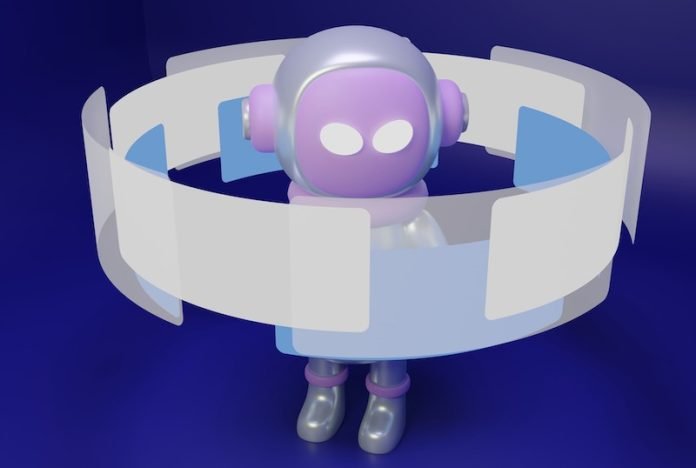
The Mixed Bag of AI Accuracy
AI chatbots are becoming more common for answering questions about health, including cancer care. But how accurate are they? Two recent studies give us a bit of a mixed picture.
One study focused on a chatbot called ChatGPT. The good news is that about two-thirds of the cancer information it provided was spot-on, lining up with official guidelines.
But that leaves one-third that didn’t. In some cases, the chatbot even suggested a cure for types of cancer that can’t be cured. This could be risky, especially if people can’t tell which advice is right and which is wrong.
The User Experience: Too Complex or Just Right?
Another study looked at four different chatbots: ChatGPT, Perplexity, Chatsonic, and Microsoft’s Bing.
Researchers thought these chatbots gave “good” answers when discussing various types of cancer like skin, lung, and breast cancer. But “good” doesn’t always mean “useful.” Many of these answers were too complicated for regular people to understand.
Imagine you’re reading a medical textbook. If you’re not a doctor, you might get lost. That’s what it’s like for most people.
The study’s author, Dr. Abdo Kabarriti, said that the average person reads at about a sixth-grade level, but these chatbots were way over that, using language that would fit in a college course.
Also, the chatbots didn’t actually tell people what to do about their symptoms. They just said, “consult your physician,” which might be frustrating for some users who are looking for immediate guidance.
The Future of AI in Healthcare: A Glass More Than Half Full?
Despite these issues, many experts still see a lot of promise in using AI for healthcare. Dr. Atul Butte believes that AI could eventually provide even better advice and show more empathy than some medical professionals.
He talks about the concept of “scalable privilege,” meaning that we could use AI to share top-notch medical advice from the world’s best hospitals with people everywhere.
Imagine if you could get advice from a top medical center without having to travel or spend lots of money. That’s the future AI could bring.
So what’s the takeaway here? AI chatbots could be a very useful tool for getting medical information, but they’re not perfect yet.
They can’t replace your doctor, and they might give answers that are either wrong or hard to understand.
But as technology gets better, we might see chatbots becoming a more reliable and user-friendly resource for healthcare advice.
If you care about cancer, please read studies that coffee drinkers may halve their risk of liver cancer, and green Mediterranean diet could cut fatty liver disease by half.
For more information about health, please see recent studies about the best time to take vitamins to prevent heart disease, and results showing vitamin D supplements strongly reduces cancer death.
The study was published in JAMA Oncology.
Follow us on Twitter for more articles about this topic.
Copyright © 2023 Knowridge Science Report. All rights reserved.



